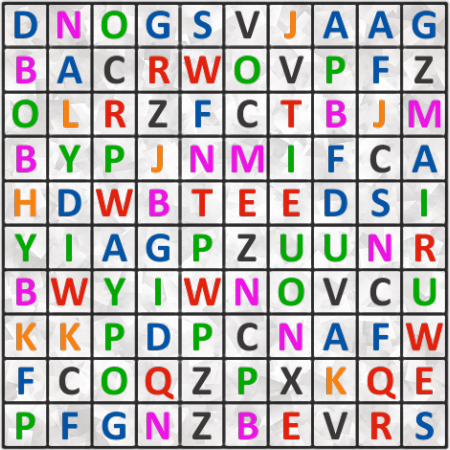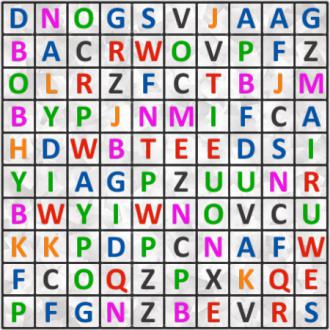Find a famous person
Find the first and the last name of a famous person. Text may go in all 8 directions. Length of words in solution: 3,5.Correct answers: 28
The first user who solved this task is Nílton Corrêa De Sousa.
#brainteasers #wordpuzzles

